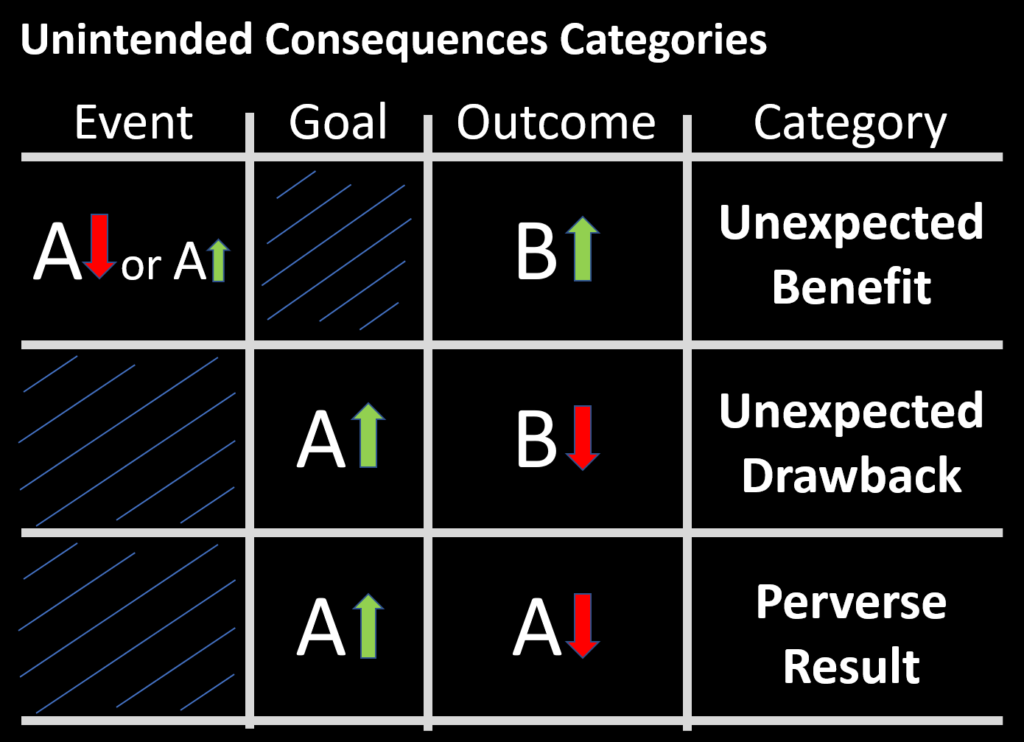In recent weeks consulting firm McKinsey has been back in the news because of the advice it gave its client Purdue Pharma, makers of OxyContin. The advice blatantly looks like increasing drug sales at the expense of patient health and a worsening opioid epidemic. As a result, McKinsey has been fined $573 million.
But even if the Purdue Pharma-related fine is extreme, the example is just one example of McKinsey’s many bad client outcomes. A short list of other bad outcomes or questionable clients include:
- Advising badly-run government coronavirus responses.
- Advising financial firms to increase their debt load in the lead up to the 2008 financial crisis.
- Advising Enron in the lead-up to its financial scandal.
- Advising Riker’s Island jail on ways to improve safety with the outcome a more dangerous situation.
- Advising authoritarian governments including Saudi Arabia, Russia, and China.
Continue reading “Responsibility Clawbacks (McKinsey and Purdue Pharma)”
